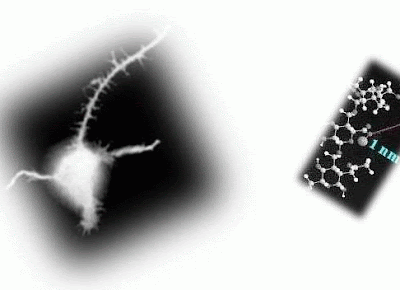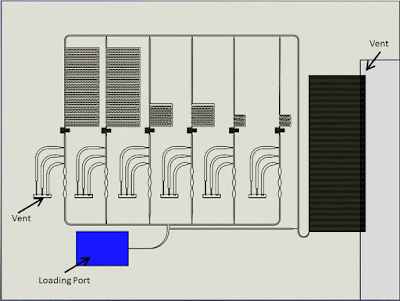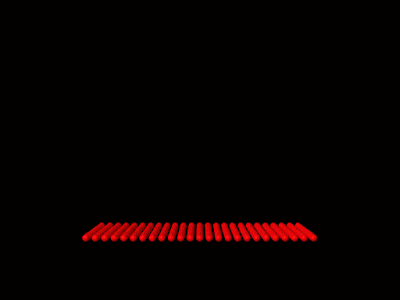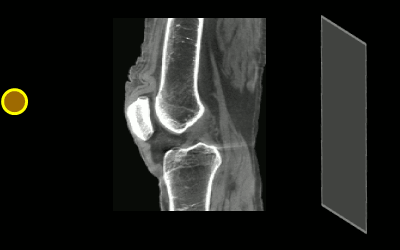About the Subject:
Topics to be covered in this Seminar:
A method of investigating
physicochemical systems that makes possible a determination of the nature of
the interactions between the components of a system through a study of the
relations between the system’s physical properties and composition. The principles
of physicochemical analysis were established in the late 19th century by J.
Gibbs, D. I. Mendeleev, and J. van’t Hoff.
Topics to be covered in this Seminar:
Molecular Spectroscopy-
Dynamic Nuclear X-ray powder diffraction – single crystal diffraction
techniques - Determination of accurate lattice parameters - Principle and
Instrumentation of Thermogravimetry-thermal analysis for Nano
structures-Electron Energy Loss -Spectroscopy-High Resolution Imaging
Techniques-Nano indentation -principles- elastic and plastic deformation -
models for interpretation of Nano indentation load.
Time to be
planned :
1 or 2 days
1 or 2 days
Kind of
program :
3D based Seminar and Guest Lecture for
the Students
Reason for
the program :
Kalam Scientist Team aiming to build young generation Scientist
Kalam Scientist Team aiming to build young generation Scientist
Sample Clips
for reference :
Spectroscopy
Single Crystal Diffraction
Elastic And Plastic Deformation
Cheers,
Kalam Scientist Team
7667668009
7667662428
Kalam Scientist Team
7667668009
7667662428




























